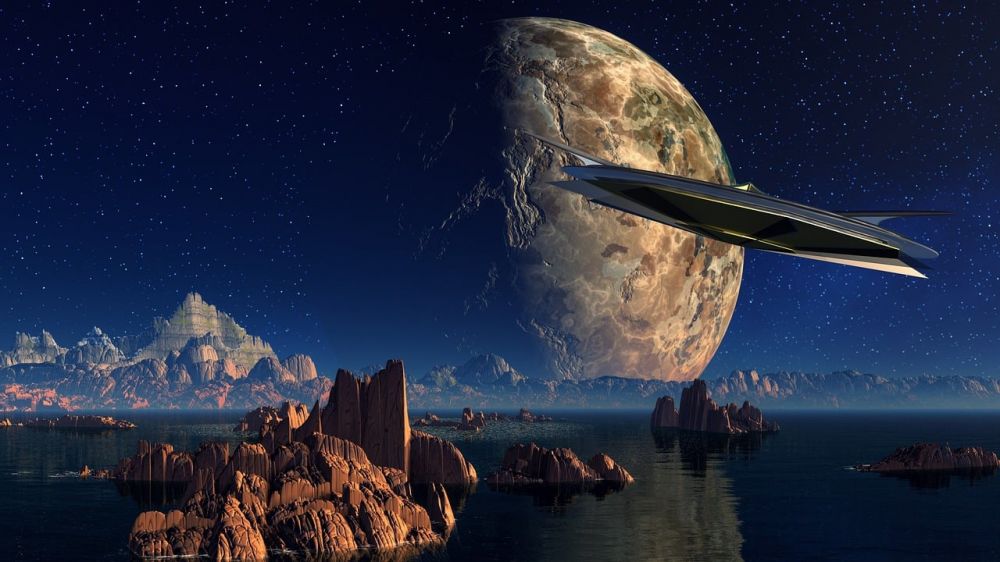Film Genre: A Comprehensive Guide to Understanding and Appreciating the Different Genres in Cinema

Introduction:
Film genre is a crucial aspect of the cinematic experience, as it helps both filmmakers and audiences navigate the vast landscape of movies. Understanding film genres allows viewers to choose films that align with their preferences and provides filmmakers with a framework to create innovative works within established conventions. In this article, we will delve into the world of film genres, exploring their definition, significance, historical evolution, and their impact on the film industry.
What is Film Genre?

Film genres are categories or classifications that group films based on their similar themes, styles, and narrative structures. They serve as a shorthand for audiences to identify and anticipate certain elements within a film, whether it be the adrenaline-pumping action of a thrilling blockbuster, the emotional catharsis of a heart-wrenching drama, or the escapist fun of a comedic romp. By understanding common traits and patterns within genres, audiences can have a more informed understanding of a film’s content and choose accordingly.
History and Evolution of Film Genres:
The concept of film genres dates back to the early days of cinema in the late 19th century. As the medium evolved, filmmakers realized the importance of categorizing films to appeal to specific target audiences. Initially, genres were broad and encompassed only a few categories such as westerns, melodramas, and comedies. However, as cinema matured, the number of genres expanded exponentially, reflecting the diverse tastes and interests of viewers worldwide.
In the Golden Age of Hollywood during the 1930s and 1940s, major film studios closely adhered to genre conventions as a reliable formula for success. This period saw the emergence of iconic genres such as film noir, musicals, and screwball comedies. Studios recognized the financial potential of focusing on specific genres, leading to a proliferation of films aimed at satisfying audiences’ desires for specific types of storytelling.
Since then, film genres have continued to evolve, influenced by societal changes, technological advancements, and artistic innovations. New genres such as science fiction, horror, and action-adventure have emerged, drawing inspiration from various cultural and historical contexts. Furthermore, genres are not fixed entities; they often overlap, merge, or give birth to sub-genres, resulting in hybrid forms that challenge traditional classifications.
The Impact of Film Genres on the Industry:
Film genres have a profound impact on the film industry, shaping production decisions, marketing strategies, and audience expectations. Studios rely on established genres to develop projects, invest in specific talent, and allocate resources effectively. For example, superhero films have become a dominant genre in recent years, leading studios to invest heavily in the Marvel and DC universes.
Marketing campaigns also heavily rely on genre conventions to target and attract specific audiences. Movie trailers, posters, and promotional materials often emphasize the genre elements to appeal to fans of the respective genres. By leveraging genre traits, studios can create anticipation and excitement among viewers, ensuring the commercial success of their films.
Several genres have become cultural phenomenons, transcending the boundaries of cinema and infiltrating other art forms. The influence of science fiction can be seen in literature, fashion, and technology, while the impact of romantic comedies extends beyond the film industry, shaping societal expectations of love and relationships.
Conclusion:
Film genres are an indispensable tool for both filmmakers and audiences, providing a comprehensive framework for understanding and appreciating the wide array of cinematic offerings. By exploring the historical evolution of film genres, we can trace how these categories have evolved to accommodate the changing tastes and preferences of viewers. Whether you prefer the thrills of an action-packed blockbuster, the emotional depth of a drama, or the laughs of a comedy, film genres allow us to navigate the vast world of cinema and find the stories that resonate with us the most. So, the next time you embark on a movie night, consider the genre and embark on a cinematic journey tailored to your preferences.

















